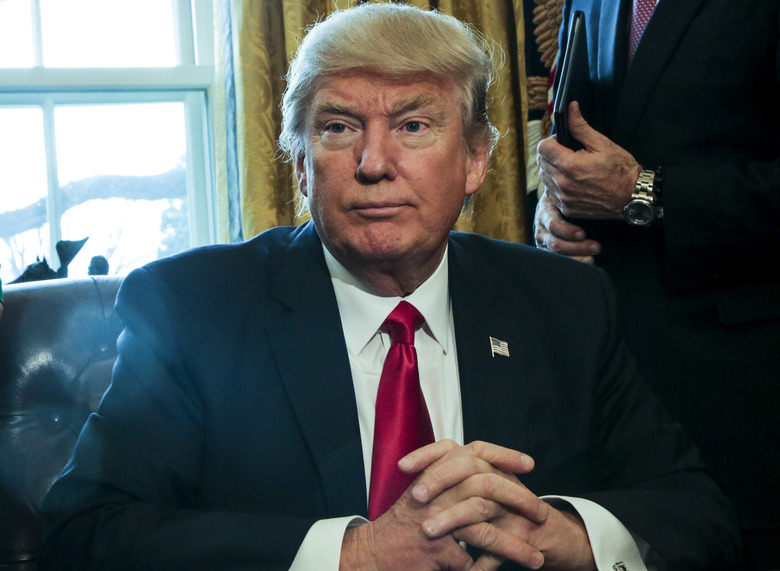Trump Just Destroyed Internet Privacy
Congress a few days ago voted to pass a repeal of Obama's broadband privacy rules that prevented internet service providers from selling your personal data without obtaining consent first. The White House then confirmed that President Trump will sign the bill, without specifying when that will happen. It turns out that Trump inked the new law on Monday, making the whole thing official. Even if many of them say they will not sell your internet browsing history and other personal data, ISPs can now do so under the new rules.
Unlike other bill or executive orders that Trump wanted to parade on the news, this signing was disclosed in a White House statement late on Monday, Reuters notes.
The bill will give ISP the power of selling a bunch of personal details without your explicit approval, on top of browsing history — that alone can offer a treasure trove of information to advertisers. ISPs could also use geolocation information, financial information, health data, and children information.
FCC Chairman Ajit Pai praised the move late on Monday, saying in a statement that the bill "appropriately invalidated one part of the Obama-era plan for regulating the internet."
The privacy rules were adopted in October and never went into effect. However, they would have required ISPs to offer extra privacy protections to their users, compared to Google and Facebook, companies that also harvest personal data to target users with better ads.
That's essentially what ISPs have argued since, that the privacy rules would give internet companies more freedom than ISPs.
However, the ISPs have a larger net than internet companies and can collect even more personal data.
Privacy advocates have argued against the signing of the bill. ACLU said last month that Congress should have opposed "industry pressure to put profits over privacy" adding that "most Americans believe that their sensitive internet information should be closely guarded."
A group of 46 Senate Democrats urged Trump last week not to sign the bill. No Democrat voted for the passing on the repeal in Congress.
On Friday, AT&T, Comcast, and Verizon have said they would not voluntarily sell customers' individual internet browsing information.
